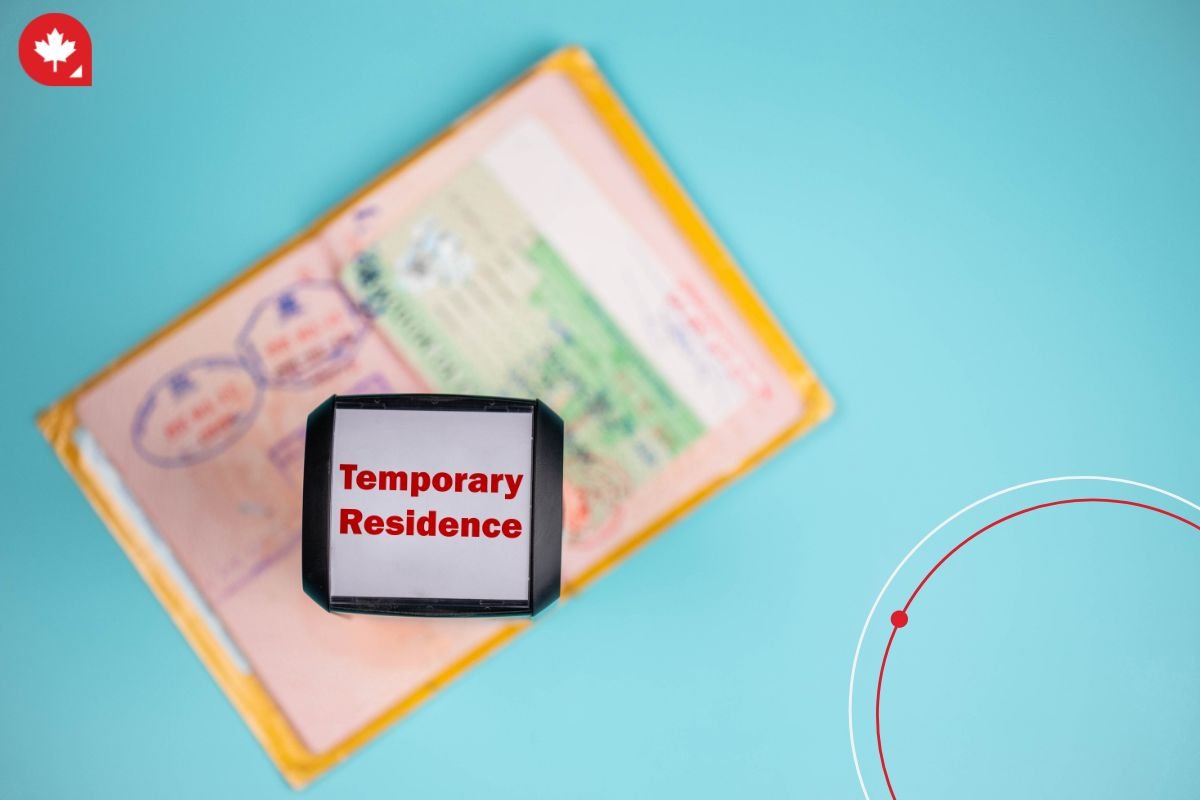In 2025, Immigration, Refugees and Citizenship Canada (IRCC) introduced critical policy changes concerning canceling temporary resident documents. These updates are designed to improve oversight, prevent document misuse, and ultimately strengthen border security in Canada. As international mobility continues to increase, these measures reflect Canada’s commitment to balancing open borders with national safety.
This guide explores what these changes mean for individuals holding a temporary resident status in Canada, including students, workers, and visitors.
What Is a Temporary Resident Document?
A temporary resident in Canada has been legally authorized to enter and stay in the country temporarily. This includes tourists, international students, and foreign workers. Their status is tied to specific documents issued by IRCC, such as:
- Temporary Resident Visas (TRVs),
- Study Permits,
- Work Permits, and
- Visitor Records.
These documents have expiry dates and conditions and must be valid for the individual to remain in or re-enter Canada. Until recently, cancellation of these documents occurred mostly when a person overstayed or violated the terms of their stay. However, the rules are now more stringent.
What Has Changed in 2025?
The most significant update is that IRCC is tightening rules on temporary resident document cancellations to enhance border security in 2025. Previously, IRCC canceled temporary resident documents primarily when an application for permanent residence was refused or if the individual voluntarily left the country. Now, cancellations can also occur under the following new circumstances:
- Change of Purpose Without Notification: If someone with a study permit stops attending school without informing IRCC, their document may be automatically canceled.
- Suspicion of Fraud: Any suspicion of document fraud, even if unproven, can trigger a review and possible cancellation.
- National Security Screening: Documents may be canceled if new information arises during border security Canada screenings that flags the individual as a potential risk.
These measures are part of a broader effort to tighten control over Canada’s borders and reduce the number of overstays, misrepresentations, and security threats.
Enhanced Border Technology and Monitoring
Along with document cancellation reforms, border security in Canada has been upgraded with increased technological integration. Canada Border Services Agency (CBSA) is now working more closely with IRCC and other security partners to:
- Implement real-time document verification at all major entry points,
- Cross-reference entry/exit data with visa validity, and
- Share intelligence with international allies to flag high-risk individuals.
This significant examination means that any discrepancy between your declared purpose of visit and your activities in Canada can be detected much more easily.
How This Affects Workers and International Students
Compliance is more crucial than ever for individuals who work in Canada's temporary resident visa categories, such as participants in the International Experience Canada (IEC) program or skilled foreign workers. If your employer terminates your position or you switch to a new job without updating your work permit, your visa may be subject to cancellation. Similarly, if you're studying in Canada and switch institutions without notifying IRCC, your status as a temporary resident in Canada may be take away.
IRCC has emphasized the need for up-to-date records and timely communication. A failure to update the department with any changes to employment, education, or personal circumstances can lead to complications, including being denied re-entry to Canada.
What You Can Do to Stay Compliant
To ensure your temporary stay in Canada remains valid and problem-free, consider the following proactive steps:
- Keep Records Updated: Always inform IRCC of changes in employment, school enrollment, or residential address.
- Renew Early: Start the renewal process for your visa or permit at least 30 days before it expires.
- Travel Cautiously: Before traveling, ensure your documents are valid. Use the IRCC portal to double-check your visa status and re-entry eligibility.
- Monitor Emails and Portals: IRCC often communicates changes or concerns through your registered email or online account. Respond promptly to any notices.
- Get Legal Advice If Needed: If your document has been canceled or flagged, consult an immigration lawyer to understand your options.
What These Changes Mean for Future Applicants
If you plan to study, visit, or work in Canada in the temporary resident visa category, it's essential to prepare thoroughly. These policy changes are not meant to deter immigration, but to ensure that those entering Canada do so under honest and lawful terms.
As a temporary resident in Canada, you now bear greater responsibility for compliance and transparency. Border security in Canada has moved into a new phase - data-driven, coordinated, and proactive. IRCC is keen to maintain Canada’s global reputation as a welcoming but secure destination.
FAQs
Can I Appeal a Temporary Resident Visa Cancellation?
In some cases, the IRCC’s 2025 updates make appeals harder, emphasizing stricter enforcement.
Do These Changes Affect Students and Visitors Too?
Yes, all temporary residents in Canada, including students and visitors, face increased scrutiny.
Where Can I Check the Latest IRCC Updates?
Always refer to the official IRCC website for current policies on border security Canada and visa rules.




